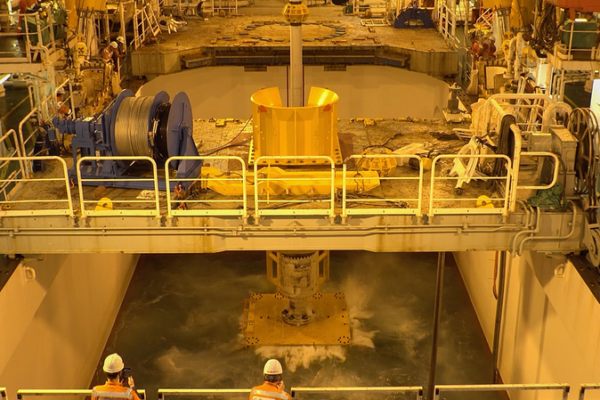
Japan’s Deep-Sea Rare-Earth Mining Faces Tech, Cost, and Environmental Hurdles
Japan’s deep-sea rare-earth mining trial faces technological, economic, and environmental challenges as it seeks to reduce reliance on Chinese supplies.
News & Insights Across Asia

Japan’s deep-sea rare-earth mining trial faces technological, economic, and environmental challenges as it seeks to reduce reliance on Chinese supplies.

Russia’s Shiveluch volcano erupts on February 3, 2026, creating massive ash plumes that disrupt air traffic and impact Kamchatka’s environment.

The Arctic experienced its warmest year since 1900, with record temperatures, ice loss, and ecological shifts, per NOAA’s 2025 report.

Recovery efforts in Los Angeles face new challenges as toxic runoff from heavy rains forces beach closures along the coast.
A new international study highlights how tiny plastic particles infiltrate terrestrial ecosystems, disrupting food webs and compounding environmental crises. Researchers call for urgent action on plastic pollution.
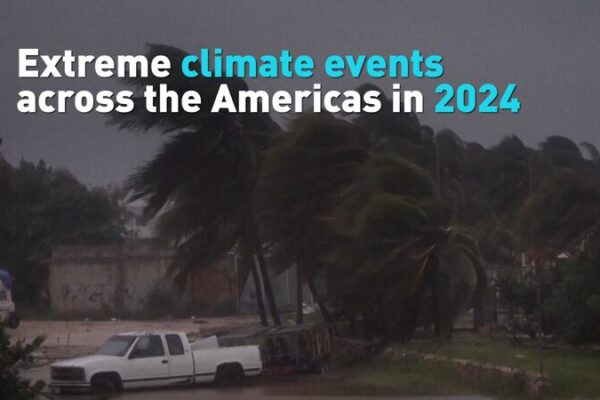
Record-breaking heat has led to more extreme weather events across the Americas, challenging communities and highlighting the urgent need to address climate change.

A marine heat wave from 2014 to 2016 wiped out four million common murres in Alaska, triggering a catastrophic population collapse with long-term ecosystem implications.

A new study by NASA’s JPL warns that seawater could infiltrate freshwater supplies in 75% of coastal areas worldwide by 2100, posing significant risks to drinking water, agriculture, and ecosystems.

Paris 2024 organizers announce a significant reduction in carbon emissions, achieving a 54.6% cut compared to previous Games, highlighting efforts toward more sustainable international events.
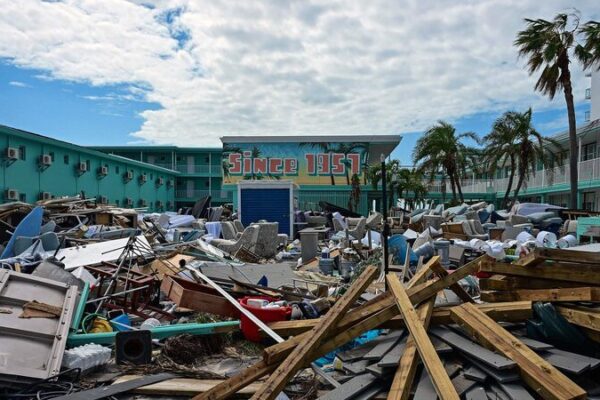
Experts report that human-induced climate change intensified Hurricane Milton, making it wetter and windier, and escalating it from a Category 2 to a more destructive Category 3 storm.

A new study reveals that climate change intensified Hurricane Helene by 10%, making such powerful storms more likely. Researchers highlight the significant impact of small increases in storm intensity.
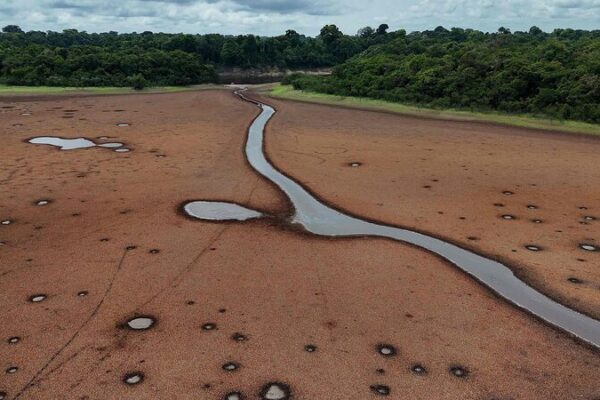
The UN warns of increasingly erratic floods and droughts as climate change disrupts the global water cycle, highlighting urgent calls for action.

A new study reveals that human-induced climate change intensified Typhoon Gaemi, which caused significant loss of life in the Philippines and China, by increasing wind speeds and rainfall.

Wildfires intensified by climate change released significant CO2 emissions between March 2023 and February 2024, a new study reveals, highlighting the growing impact of global warming.

A grounded Philippine warship on Ren’ai Jiao since 1999 is causing severe harm to the coral reef ecosystem due to heavy metal pollution and high phosphate levels, prompting calls for its removal.

Alaska’s Juneau Ice Field, home to over 1,000 glaciers, is melting 4.6 times faster than in the 1980s, raising global concerns about the impacts of climate change.
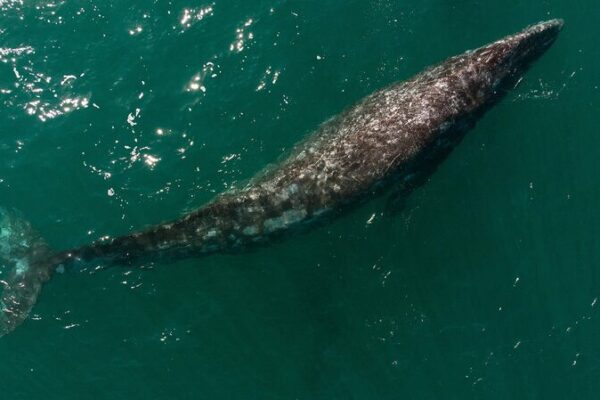
New research reveals Pacific grey whales have decreased in size by 13% since 2000, underscoring the impact of climate change on marine life and potential consequences for survival and reproduction.

Beaches on Singapore’s Sentosa Island were closed Saturday due to an oil spill at a nearby port, affecting luxury waterfront homes and tourists, authorities said.
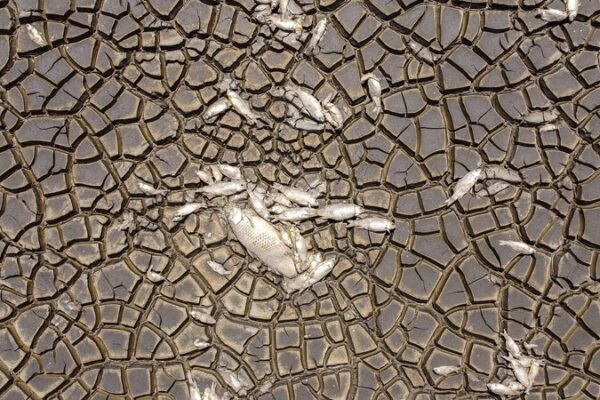
Thousands of fish have died as the Bustillos Lagoon in northern Mexico dries up amid a severe drought. The lagoon’s water levels have fallen below 50%, leading to higher pollutant concentrations hazardous to aquatic life.
Summer 2023 has been declared the hottest in 2,000 years, with Asia experiencing record-breaking heat waves that impacted millions. This unprecedented heat highlights urgent climate challenges.